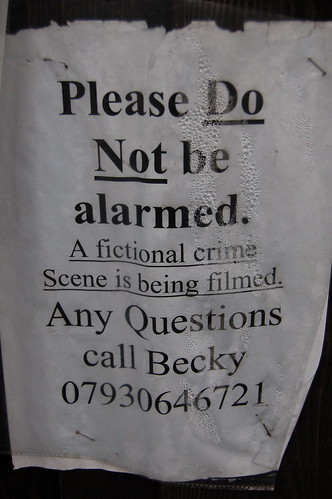Wikipedia trust coloring demo

I love wikipedia, it is a comfortable hole that I fall into a lot and find it very hard to get back out of. In many way like 6 degrees of Kevin Bacon, I seem to inexorably coming back to pages dealing with Star Trek or Nazi Germany, maybe that says more about the user rather than wikipedia.
Most of the time when reading pages I don’t feel there is any reason to doubt what I am reading (I have proof-read some Star Trek articles for quality and have yet to find an error). However there are some pages, politicians, Scientology etc. that you just know you cannot believe by faith alone. It is a problem and I have covered the issue of wikipedia reputation before. It is good to know that other people are working on solving this problem.
The tack that they have taken is similar to the idea that I proposed (even though it is probably self evident) which is to give a user a rating based on the work contributed, but also what survives edits. As a result words on a specific page are color coded based on the user who added it and their reputation. I like their color coding, it is a lot more subtle than I thought could be done and I think it works. If nothing else it is a very good way of highlighting what is contention and bringing eyes to bare to at least help resolve it. I can’t wait to see this deployed.


